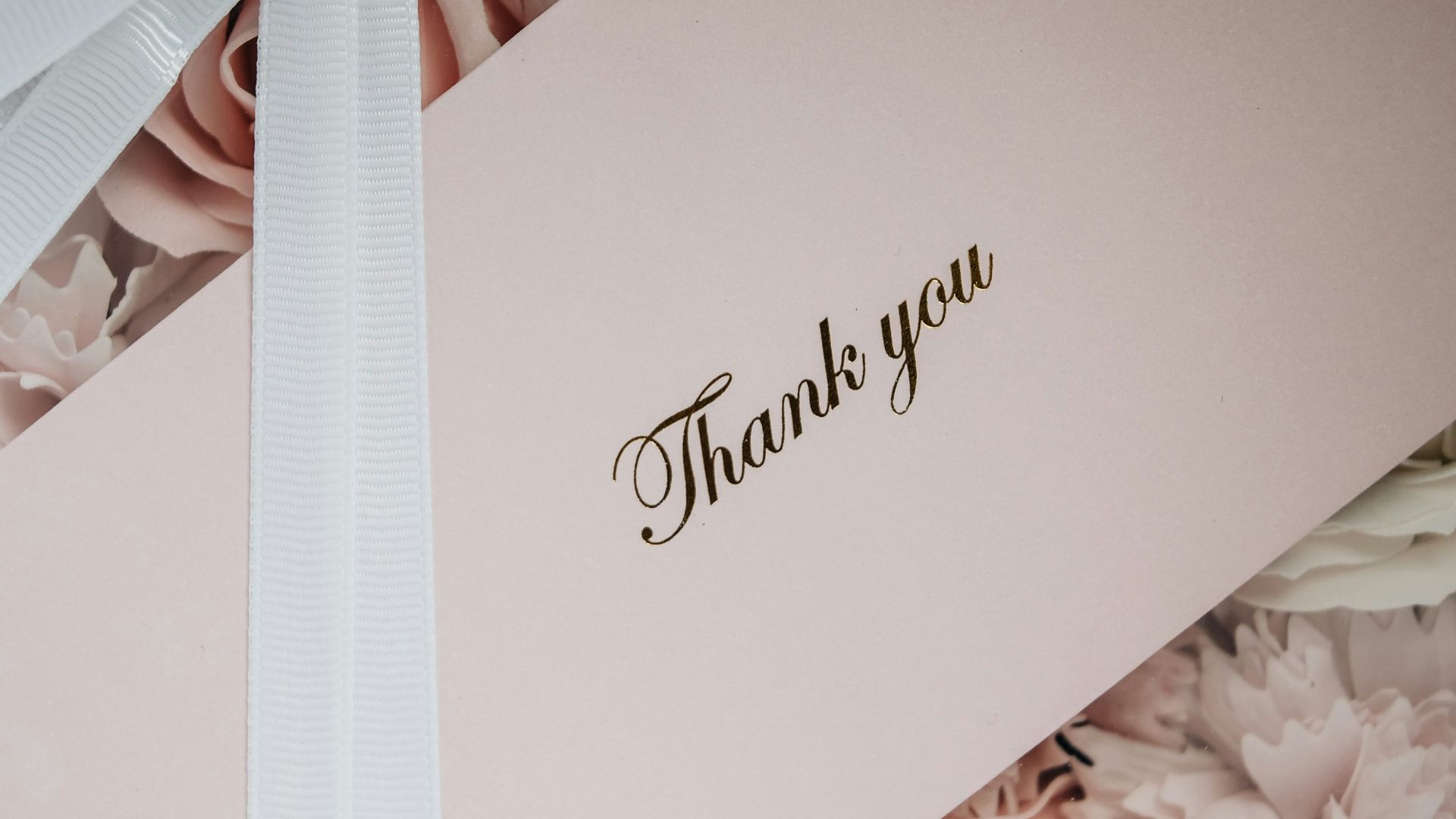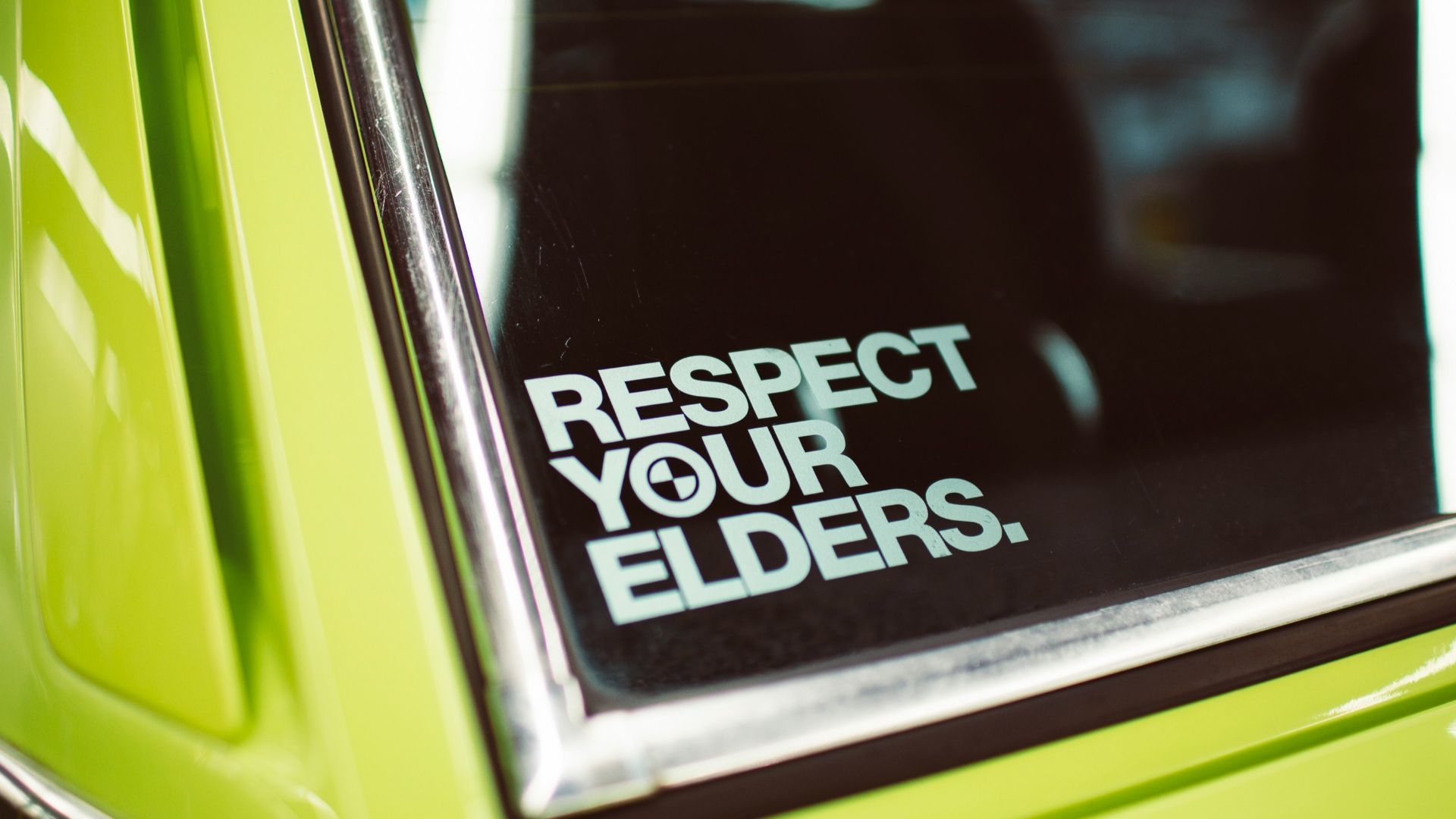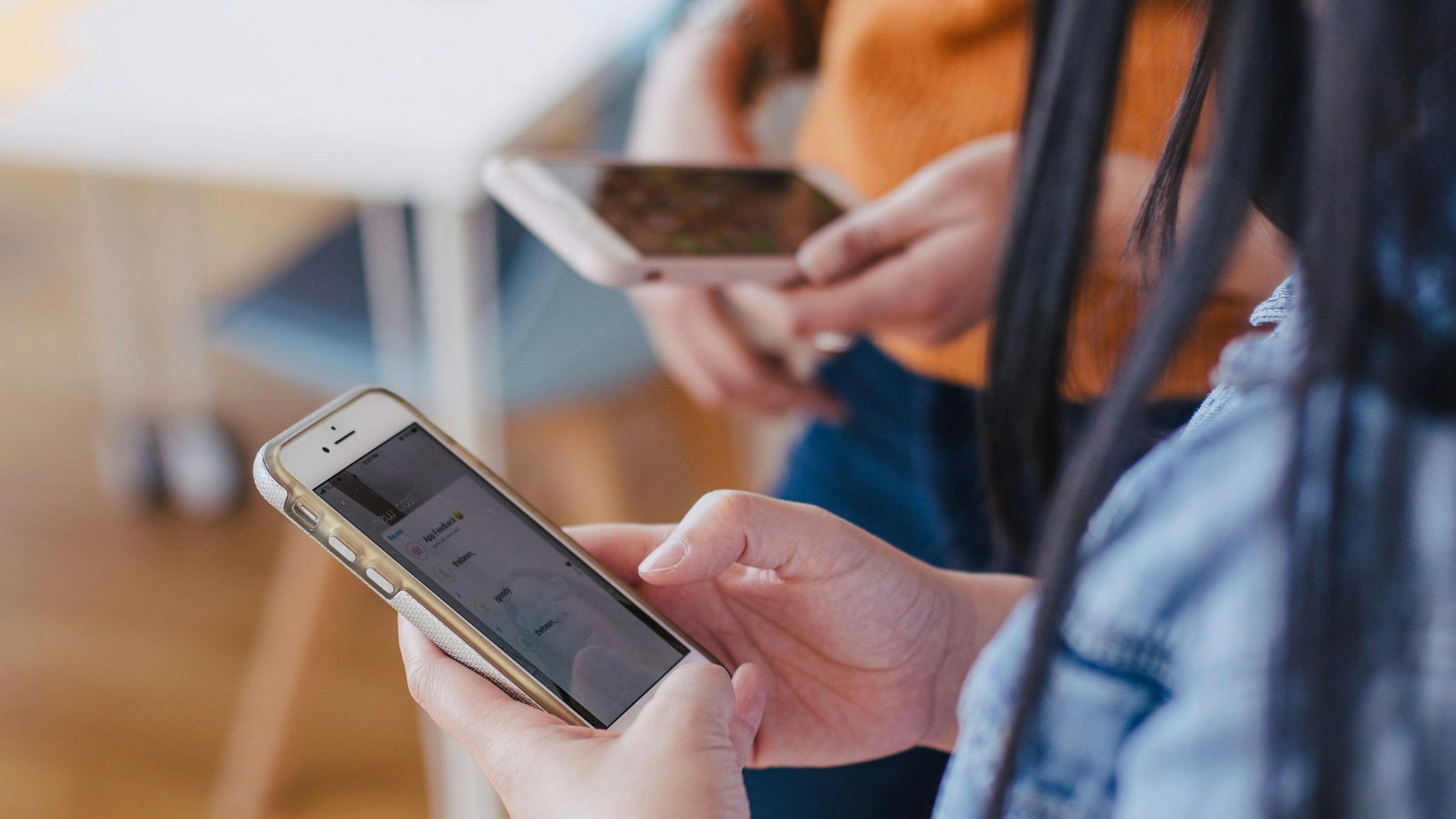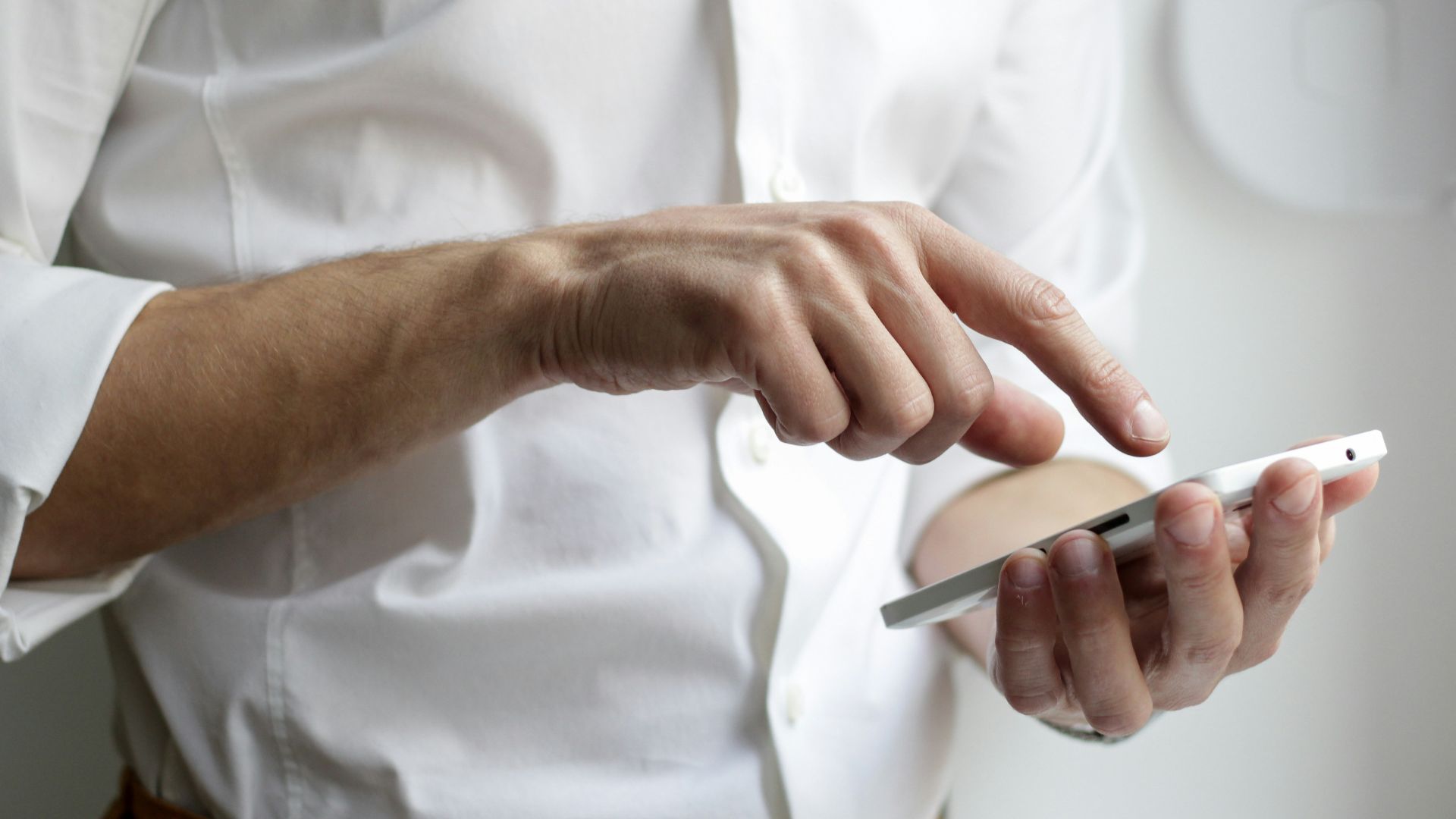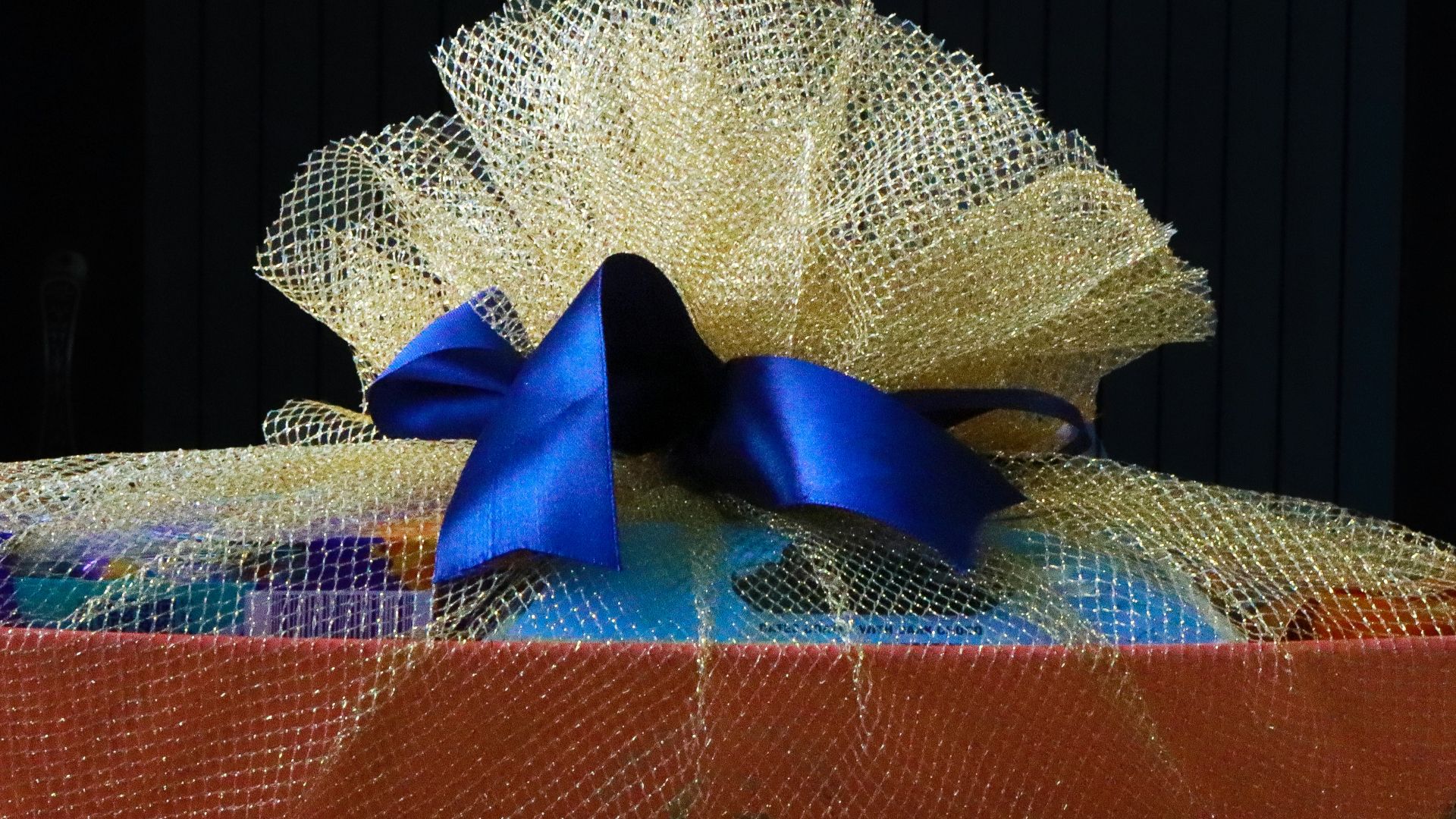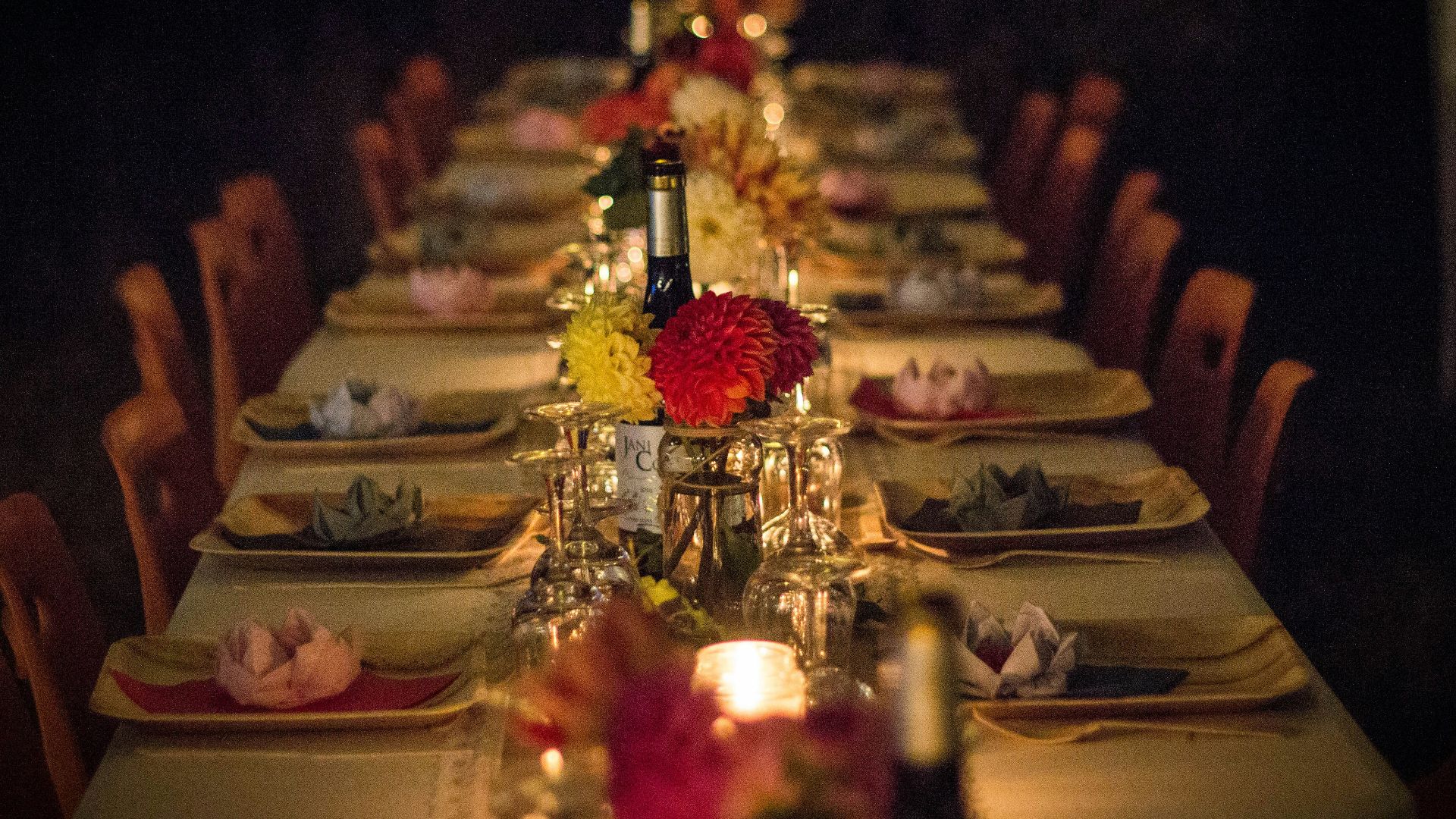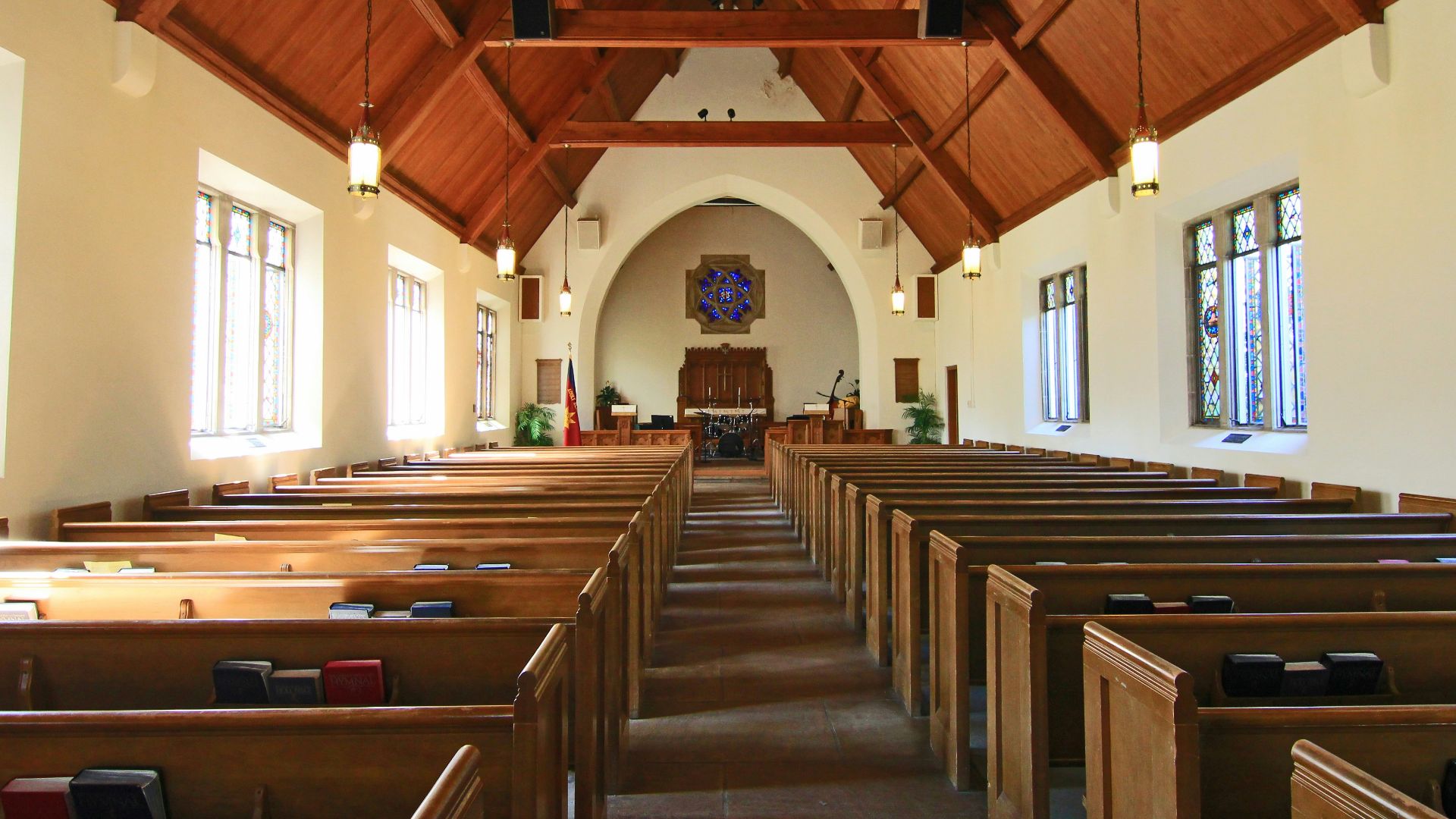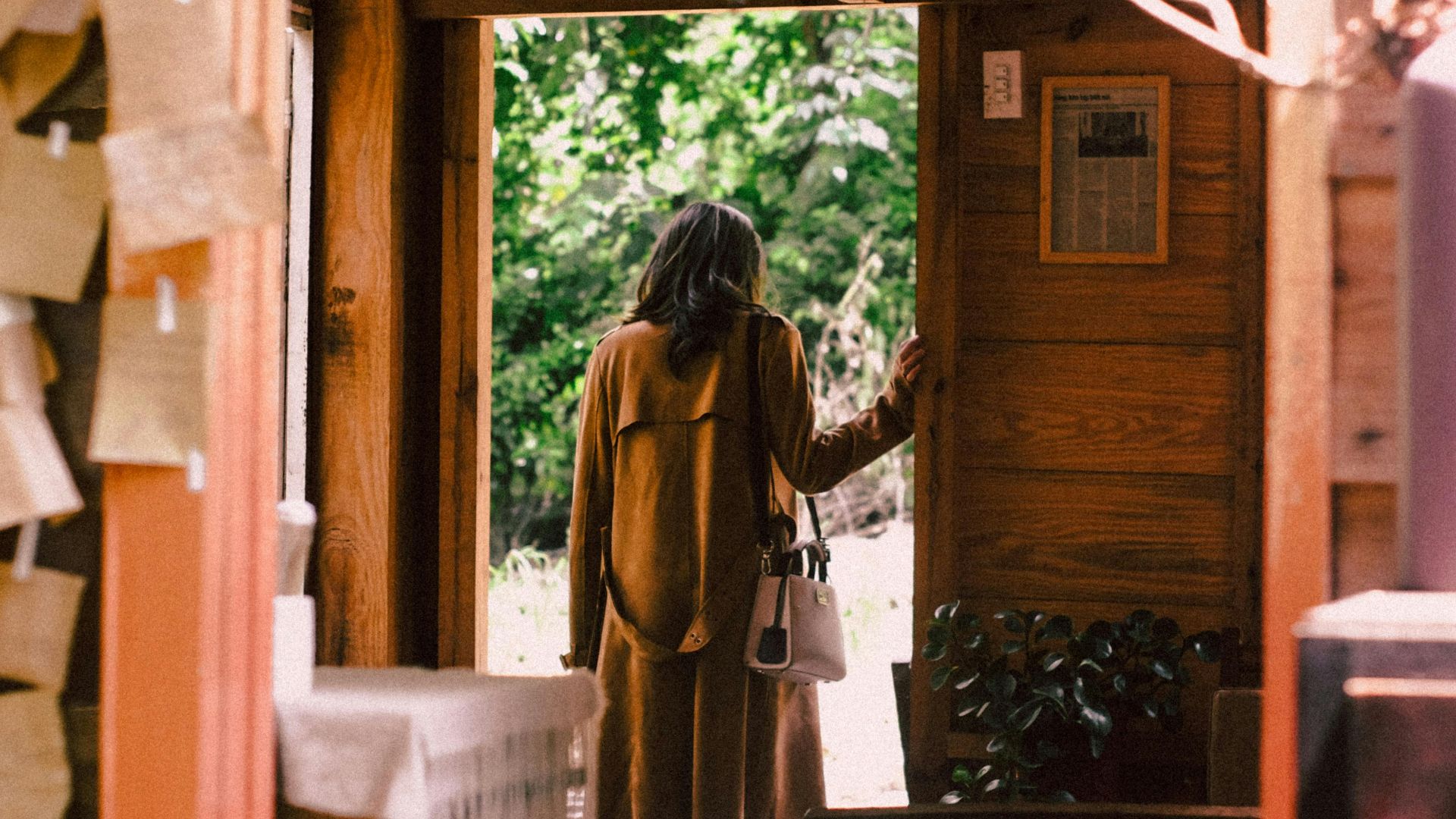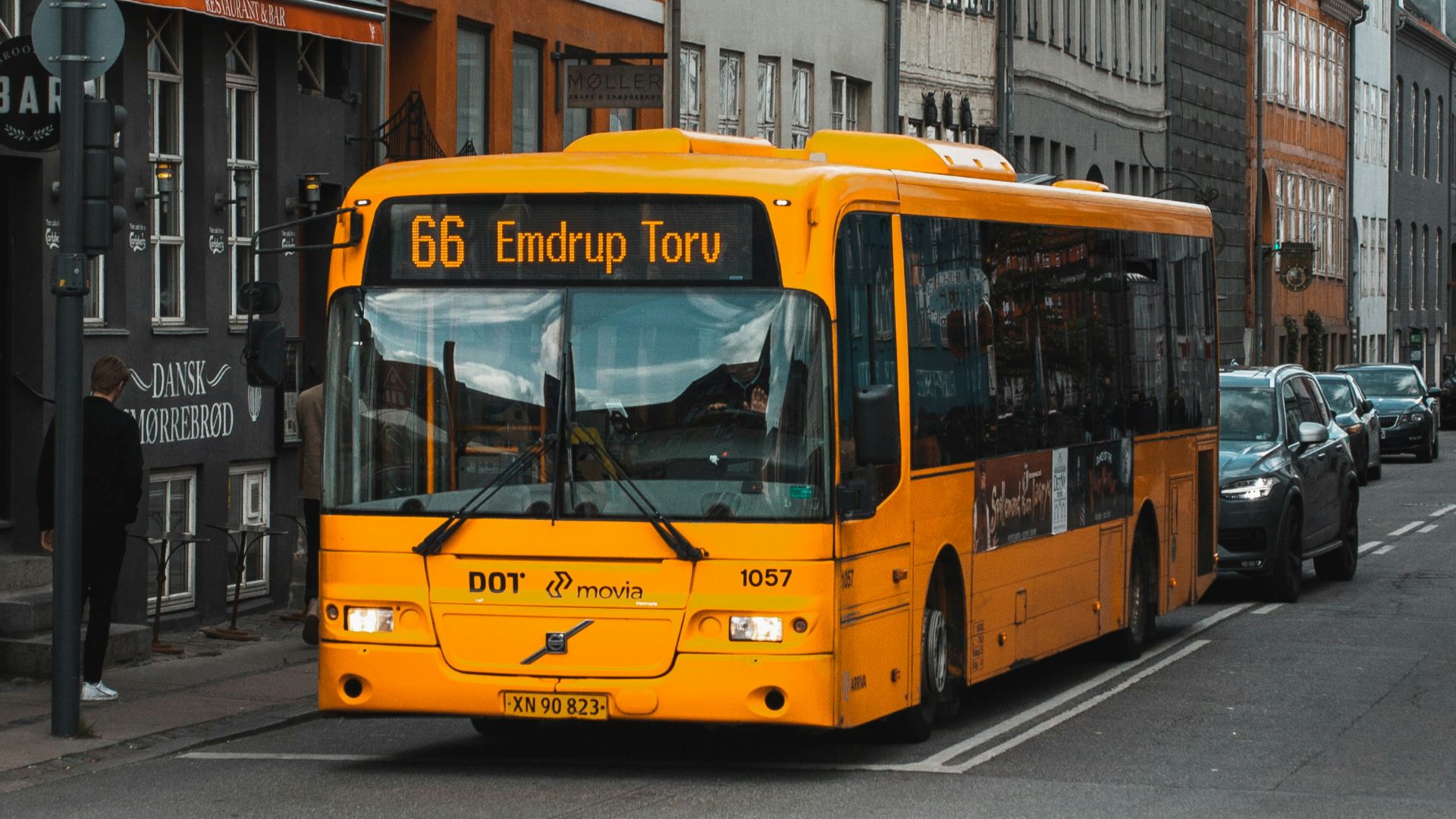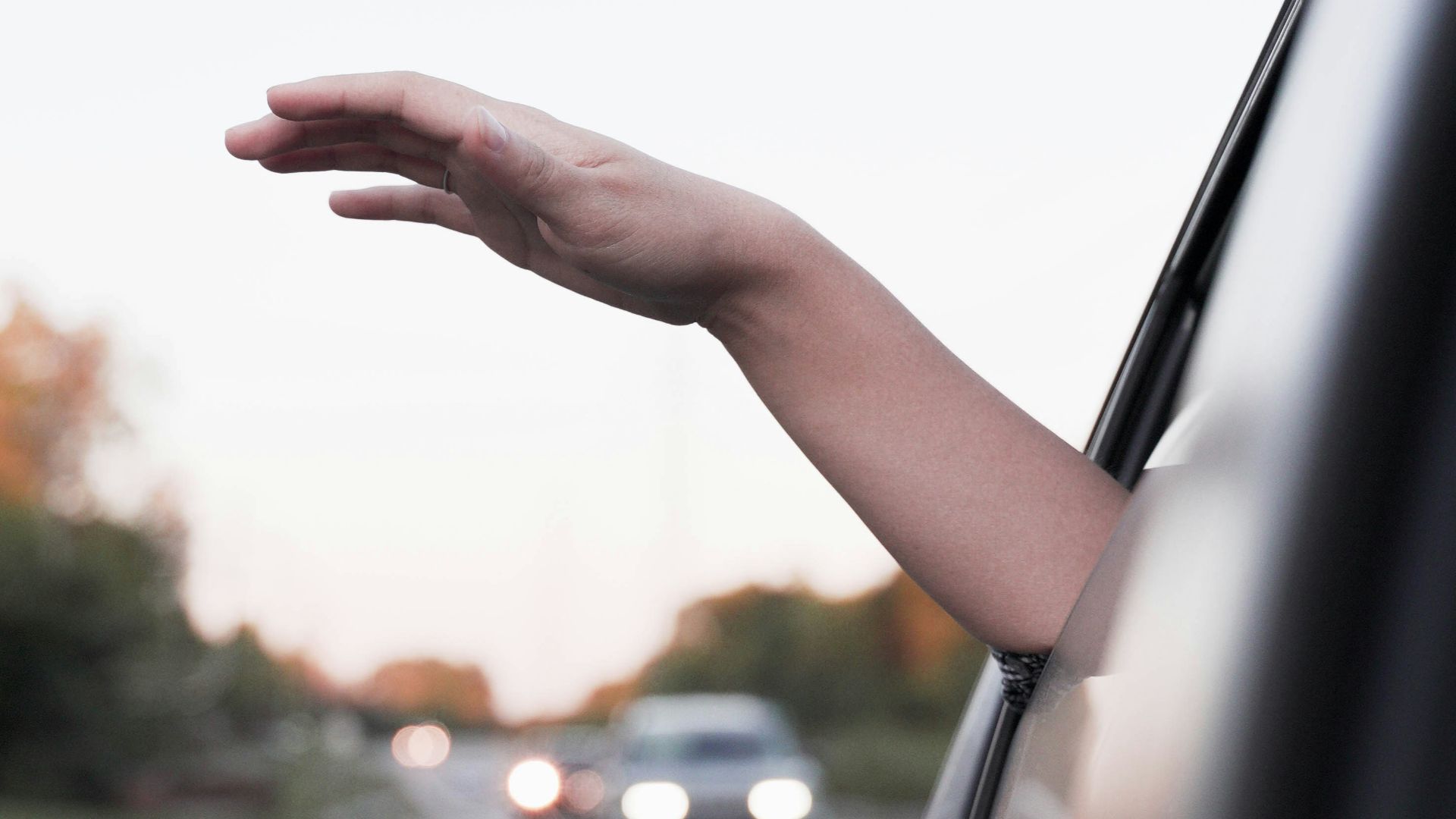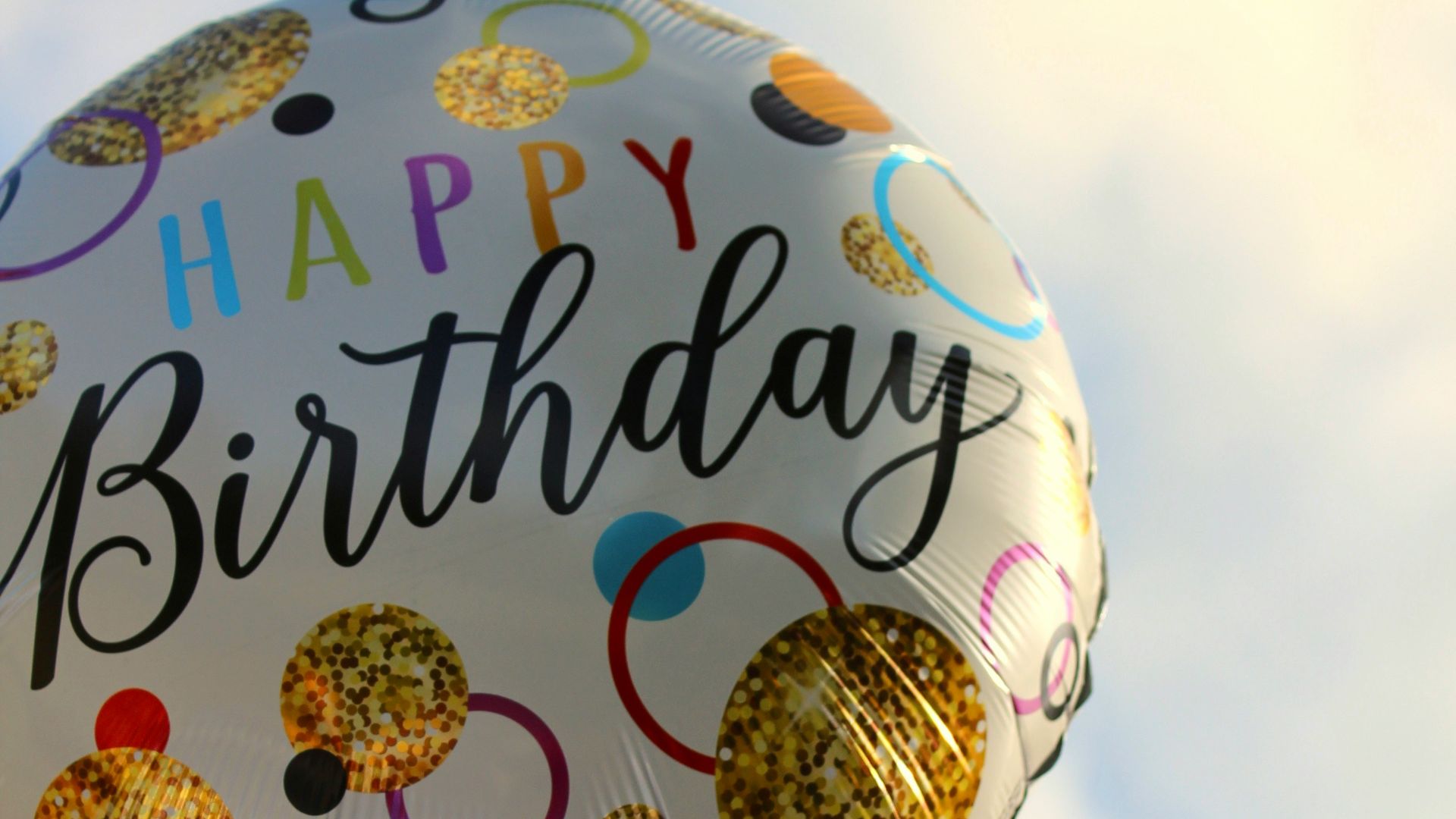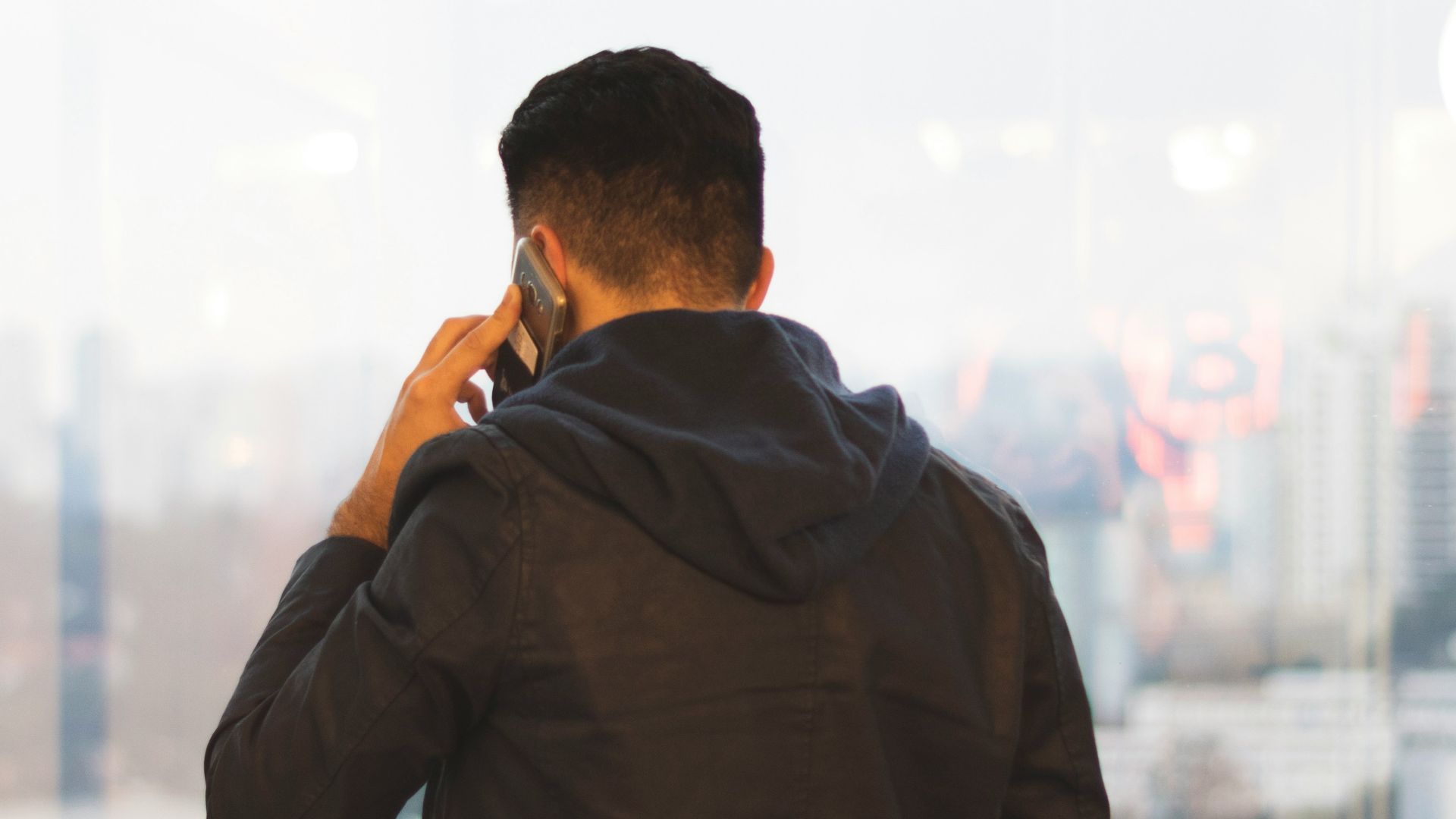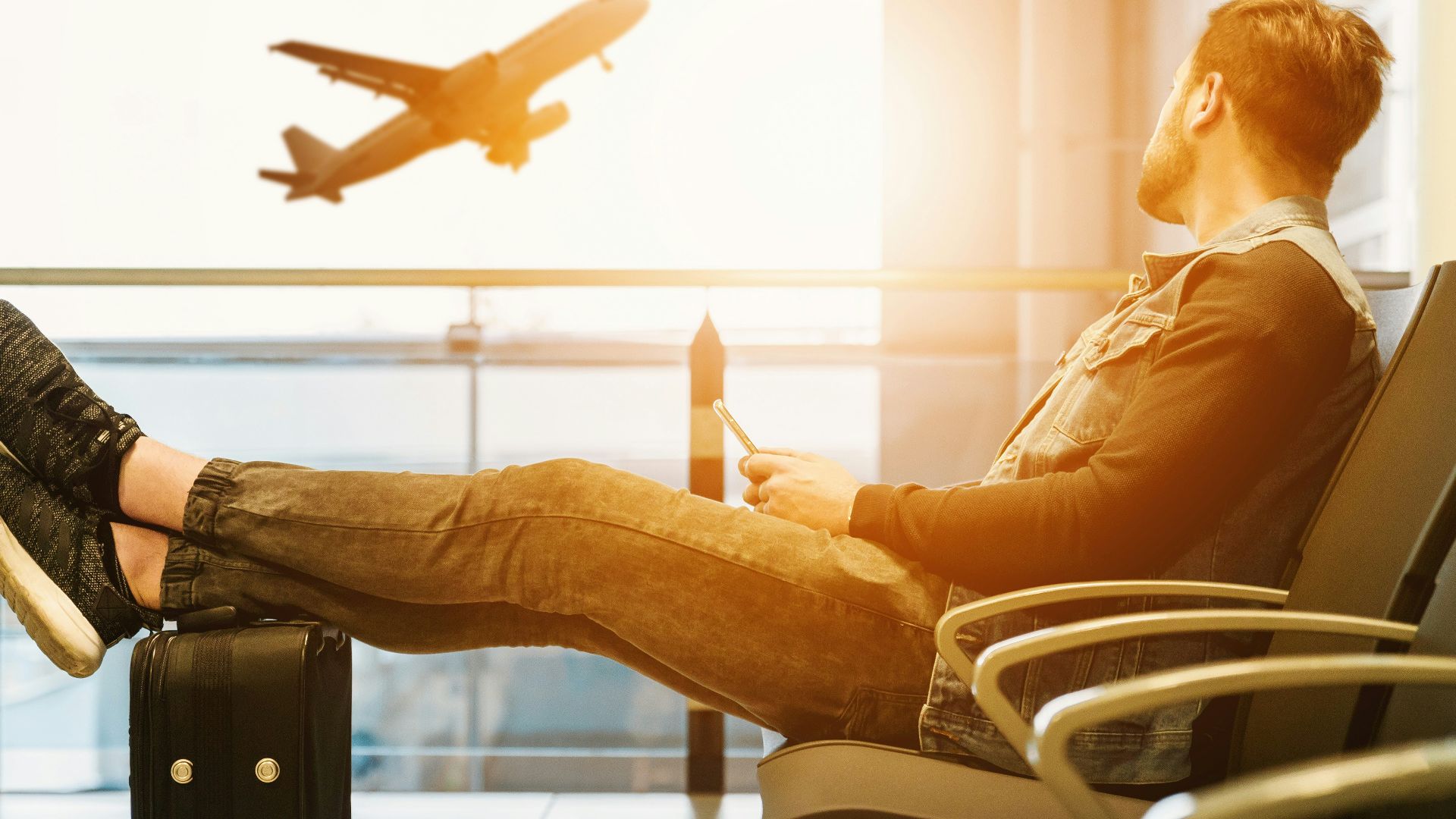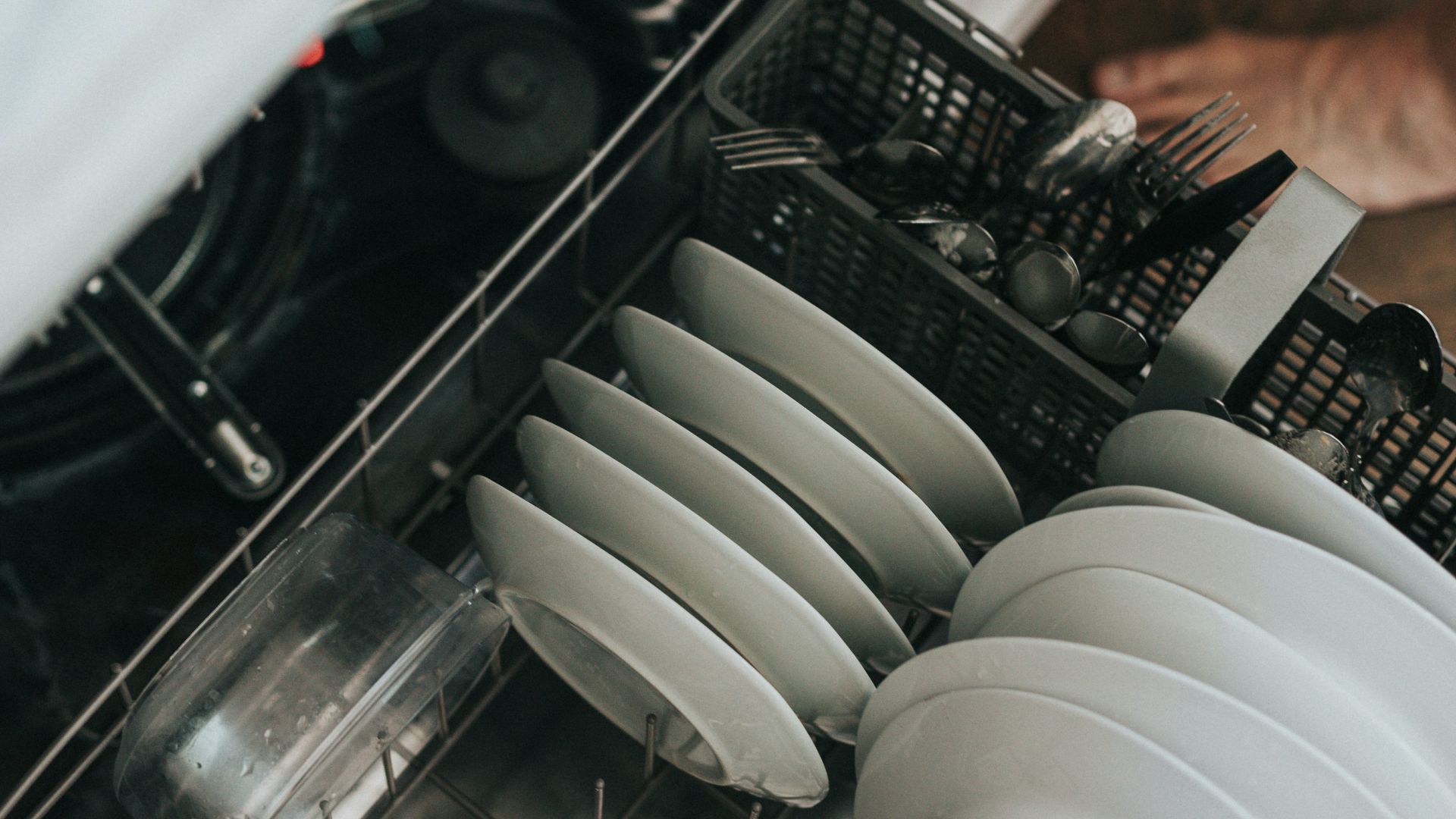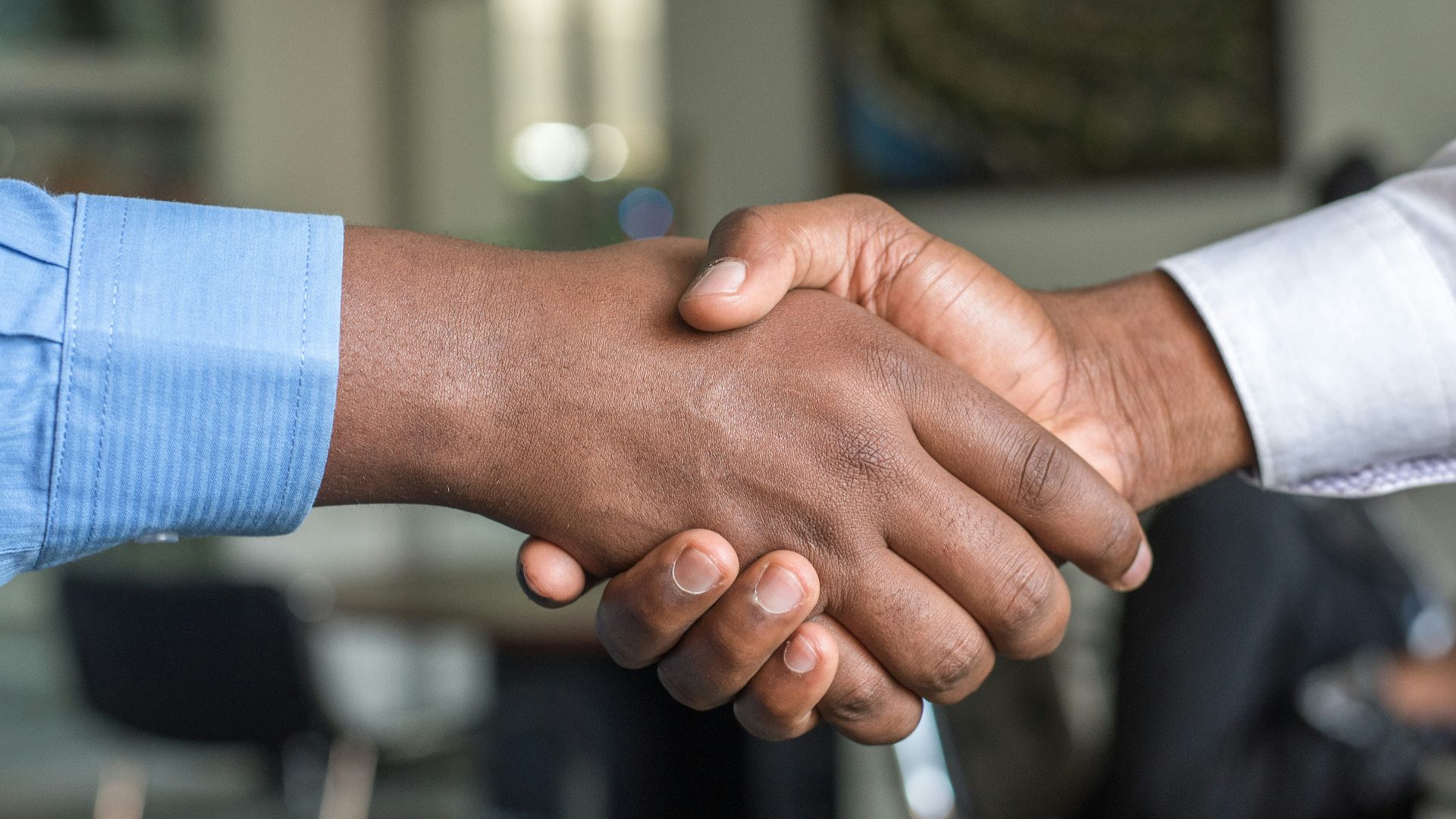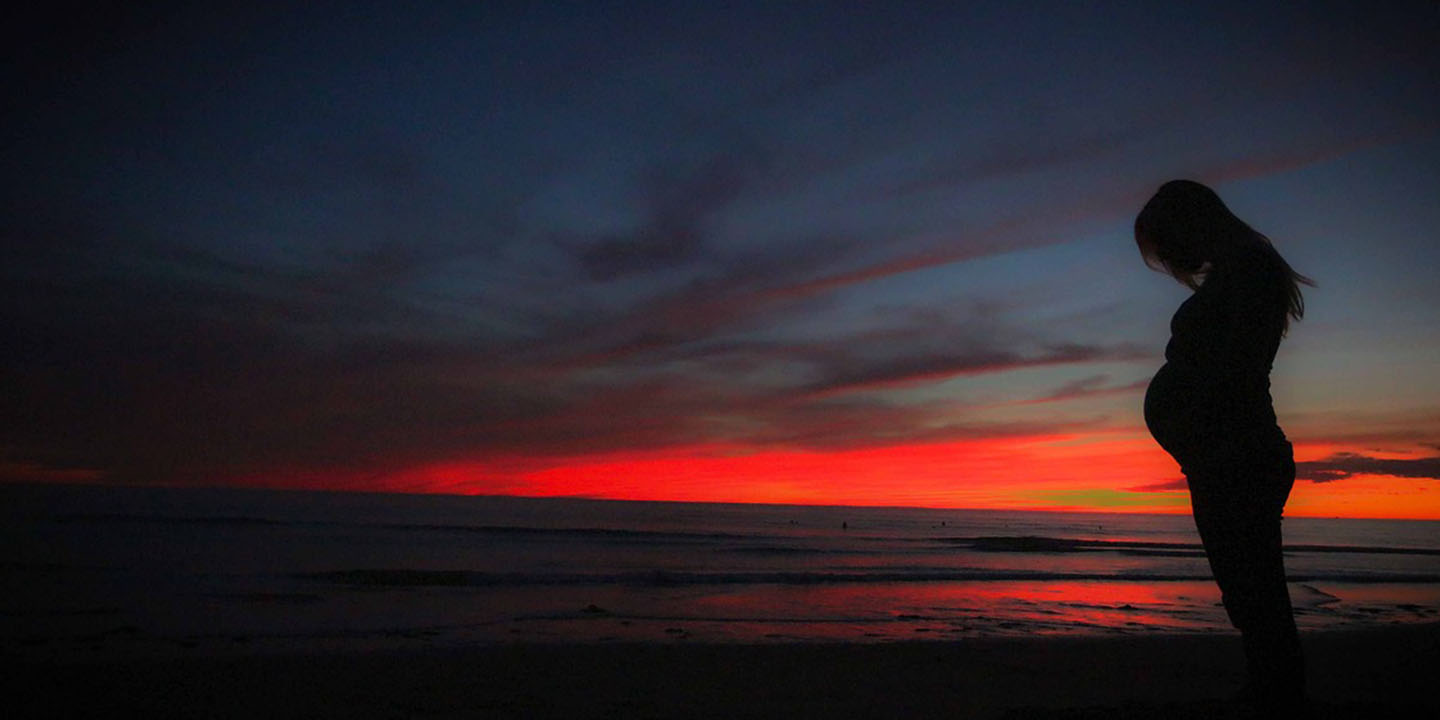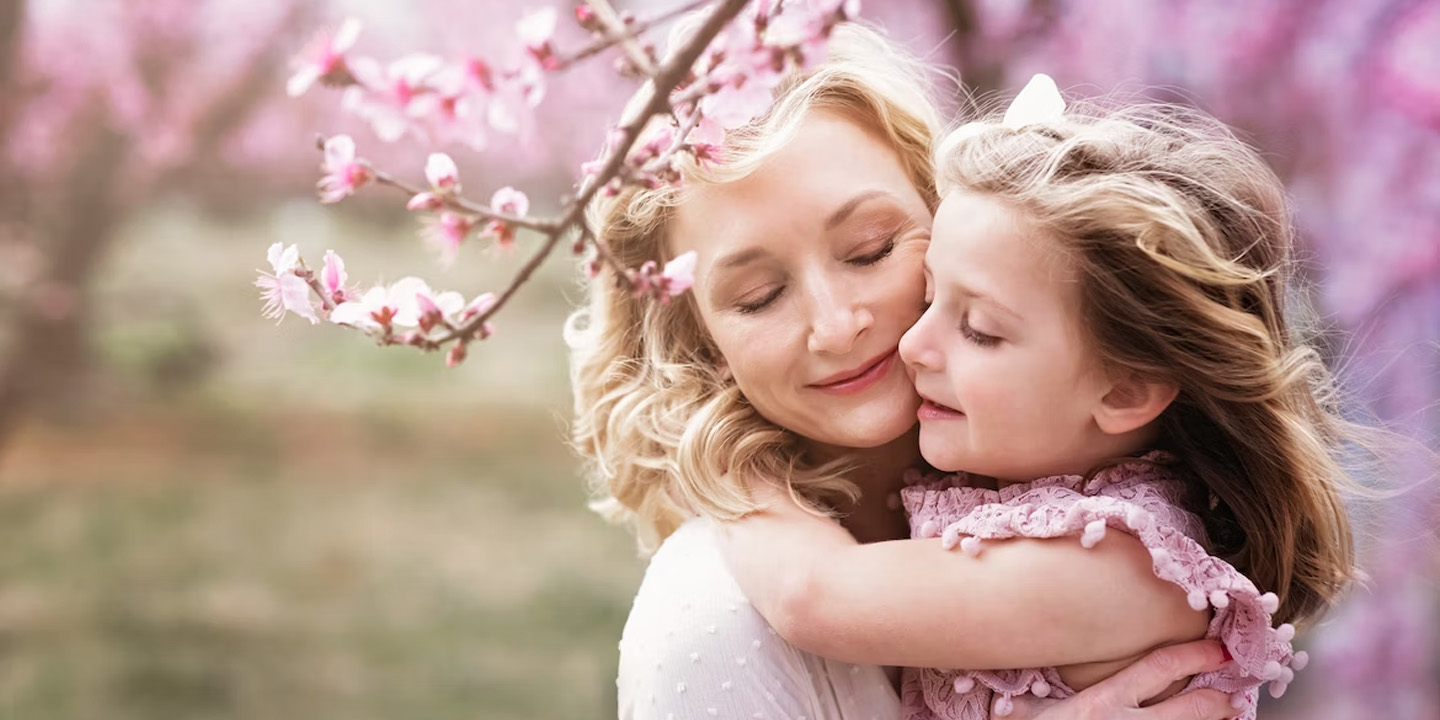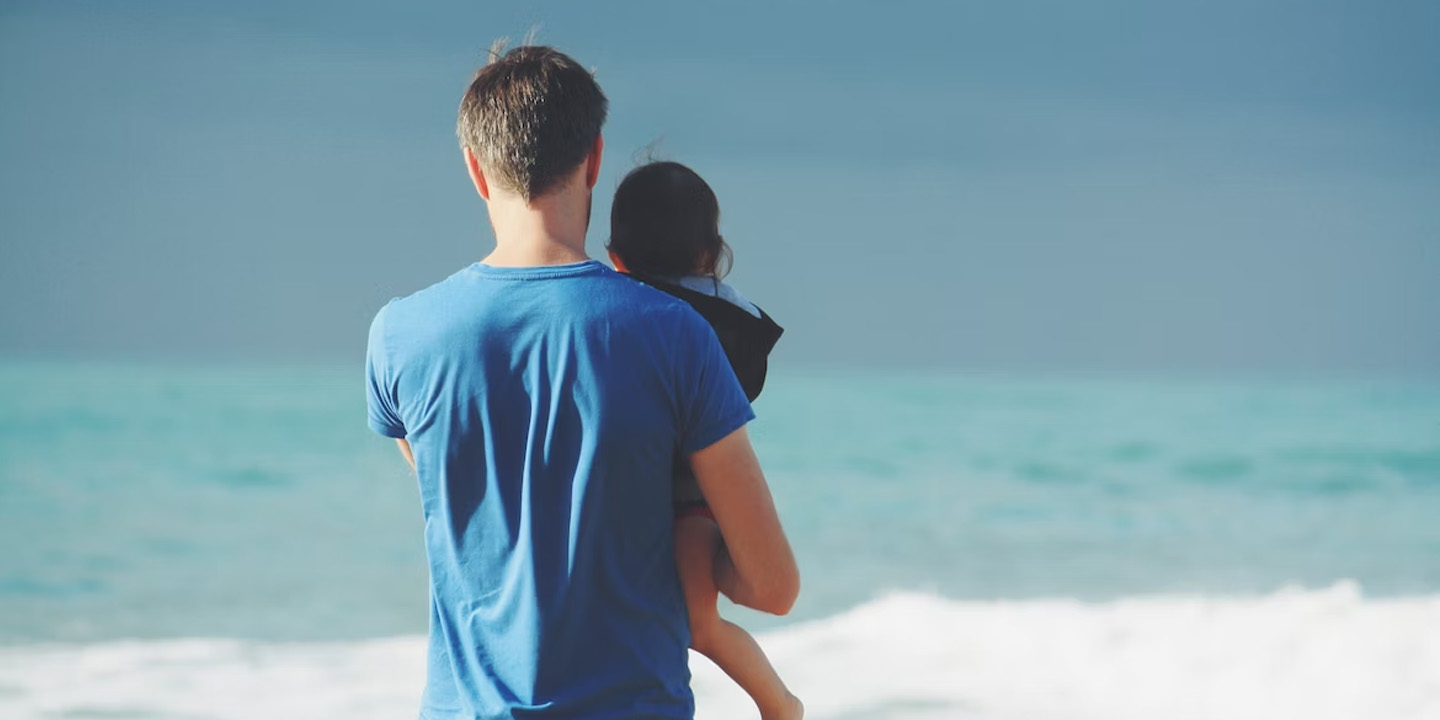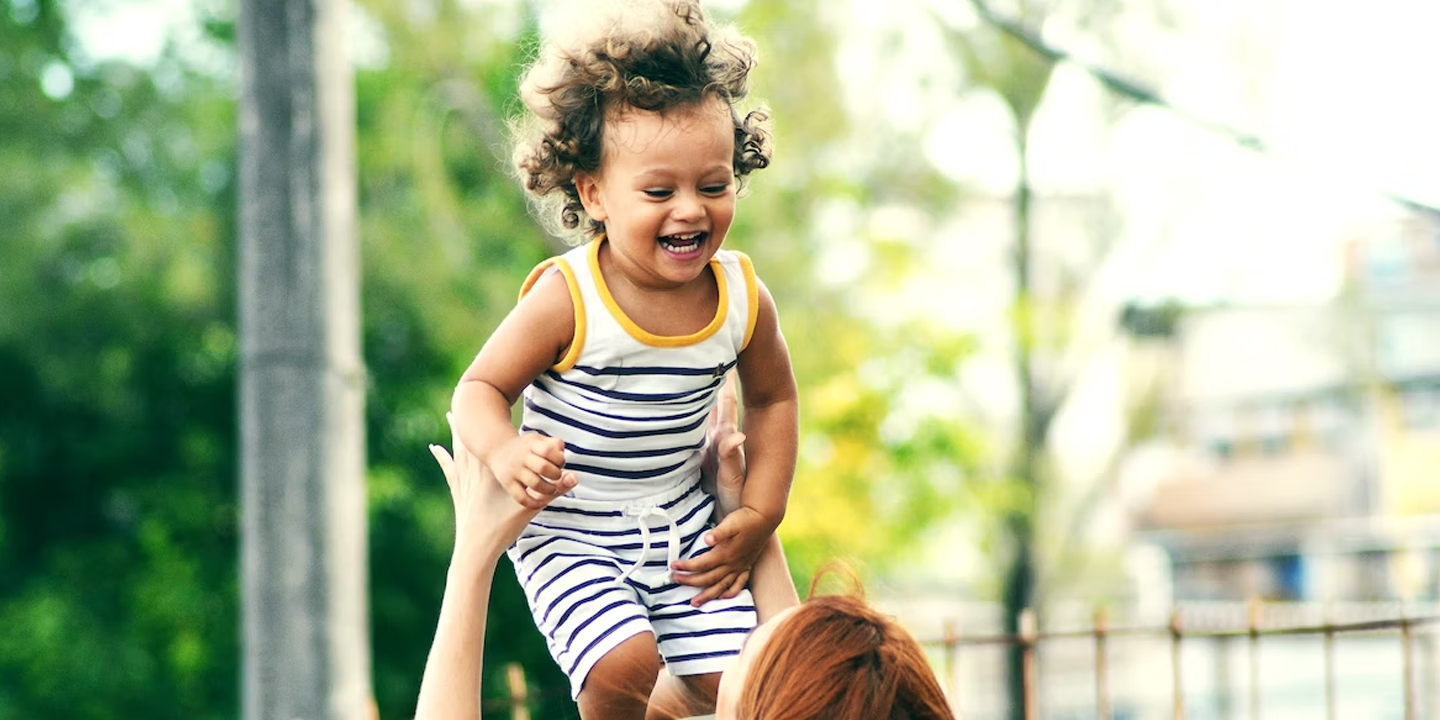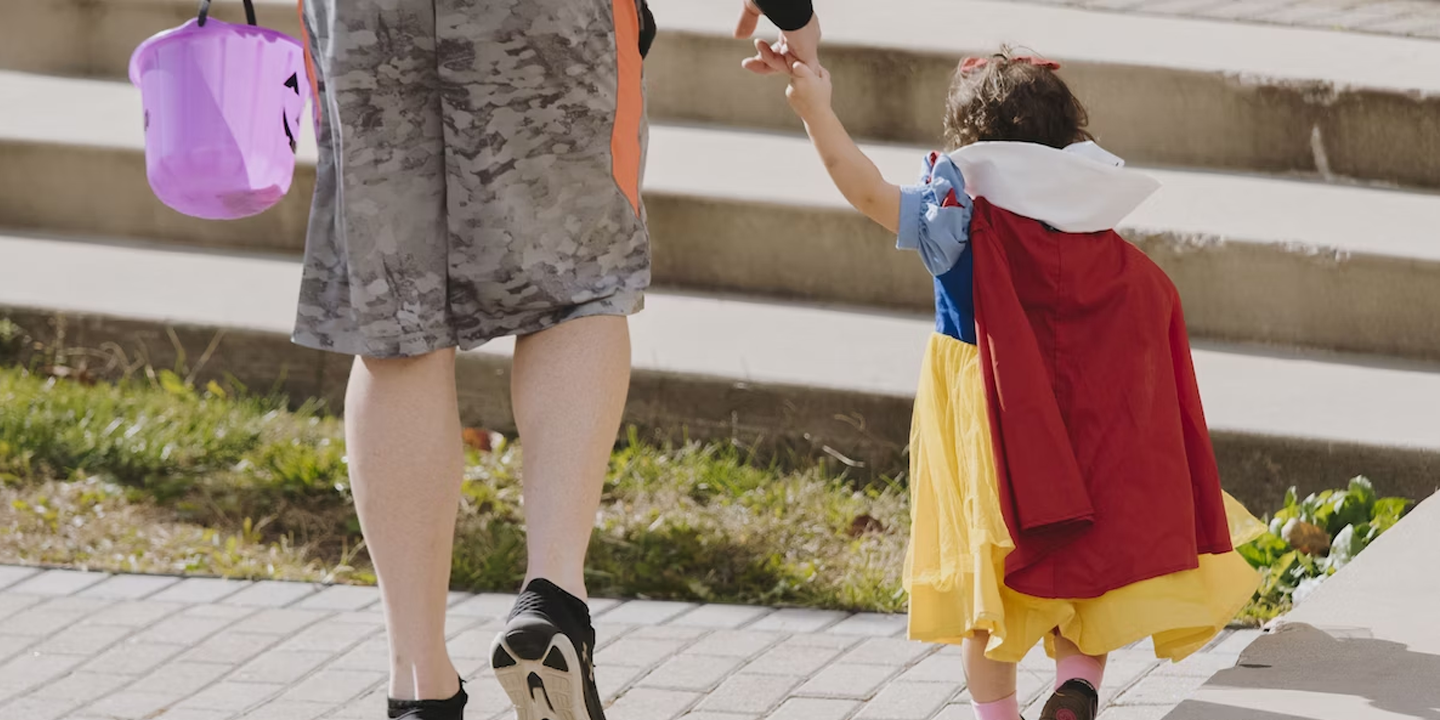A Lack of Respect
As society has gone on, it has become a bit more rude. Lots of common, polite, and respectful behaviors have suddenly vanished. In fact, common social expectations are now more of a courtesy than a given. Have you noticed these behaviors disappear?
1. Thank You Notes
It was common practice to send a handwritten thank-you note after receiving a gift or being given a favor. Nowadays, people just send a random text, getting their point across in as little time as possible. You might not even get the text these days. But either way, nothing beats the formality and sincerity of a handwritten note.
2. Respecting Elders
Elders used to be treated with the utmost respect and were considered wise and knowledgeable. But the younger generations have instead taken to making fun of their elders and dismissing their practices as outdated and insensitive. Whether that’s true or not, using respectful language like “sir” or even “Excuse me” goes a long way.
3. Littering
Not littering is a pretty common expectation most cities have of their people. But now cities have to try extra hard, imposing fines and hanging signs up to prevent littering. This could be due to a lack of public shaming, as more people are likely to turn away or say nothing when someone litters.
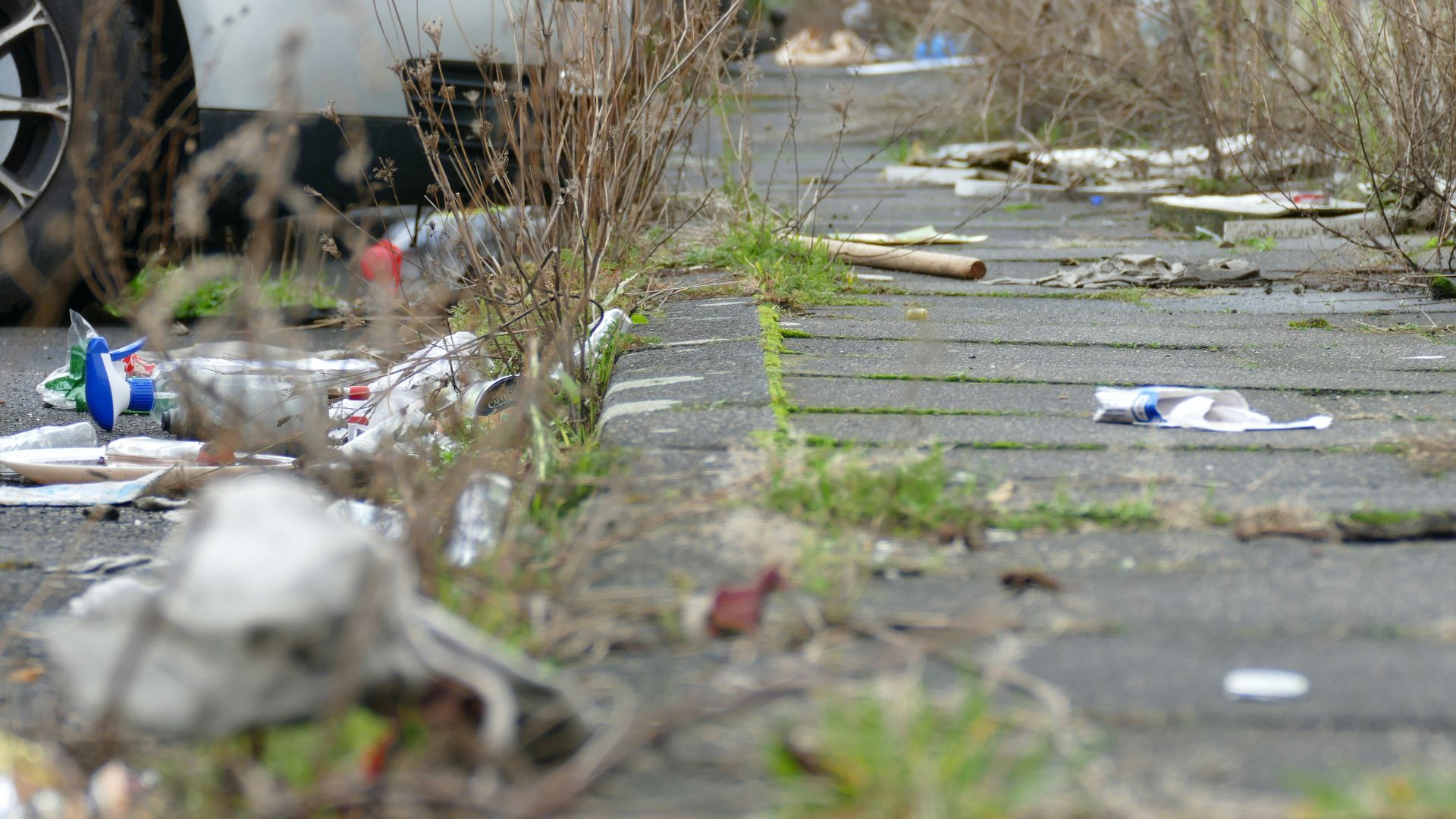 Matthias Gellissen on Unsplash
Matthias Gellissen on Unsplash
4. Looking at Phones
When you’re having a conversation with someone, it’s considered polite and respectful to give them your undivided attention. This means not interrupting them or looking away. But now, so many people glance at their phones or are actively scrolling while having conversations with others.
5. Using Honorifics
Nowadays, it feels like everyone’s on a first-name basis, and that applies to kids and parents too. Previously, it was polite to refer to someone as sir or miss, as this kept the conversation formal and respectful. But younger people are more likely to use first names rather than rely on such honorifics.
 The Jopwell Collection on Unsplash
The Jopwell Collection on Unsplash
6. RSVPing
Whether you’re planning a wedding or a get-together, it used to be common practice to send invitations. Guests would then send these back, indicating whether they would be attending or not. Now people just post a message in the group chat and wait to receive confirmations at the last minute.
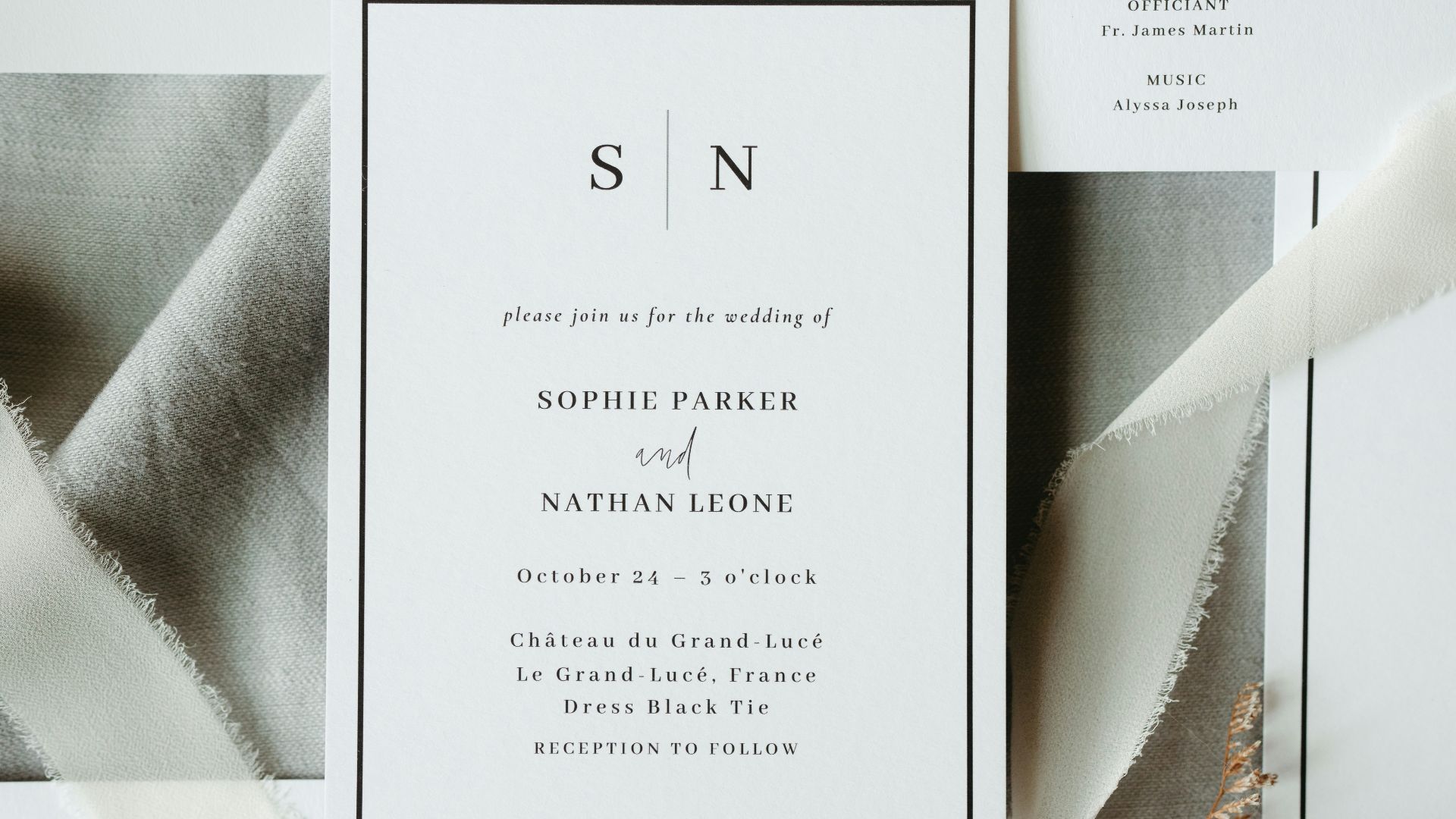 Micah & Sammie Chaffin on Unsplash
Micah & Sammie Chaffin on Unsplash
7. Calling Ahead
When planning a visit or going over to someone’s house, it was respectful to call ahead before showing up. But these days, you have to plan the visit a week or so in advance. Spontaneous calling or visiting is actually stress-inducing for some.
8. Hostess Gifts
Lots of chocolate and specialty stores still sell hostess gifts, which might be confusing to younger generations. A host or hostess gift was essentially a trad you’d bring someone to thank them for hosting a dinner, party, or event. Now, most people just show up and call it a day.
9. Waiting to be Served
When you’re going out to dinner or simply hosting a gathering at your home, it’s common practice for everyone to sit around the table together. When the food comes out, the polite thing to do is to wait until everyone has their food before eating. But now, people just dig in as soon as their food is in front of them.
10. Dressing Up For Church
There was a time when people would get all dressed up for church. They would call it their “Sunday best” and wear stylish dresses and suits, even going so far as to throw on a “Sunday hat”. But now, people show up to church in everything from sweatpants to pajamas.
11. Holding Doors
Holding doors is a polite behavior that many people teach their kids early on. But now, holding a door open for a stranger can cause awkwardness. There’s the issue around gender roles, and your intentions might get swayed as condescending rather than kind. Talk about complicated.
12. Offering Your Seat
It used to be common transit etiquette to give up your seat for elders or pregnant people. There are even signs on buses to let people know to do that. But this is a rare occurrence now, with most people too distracted by their phones to even notice those in need.
13. Houseguests
When people have houseguests, they would go as far as to make the bed for them and ensure they’re comfortable. But now, lots of people just ask them to bring a sleeping bag or point at a couch and tell them to figure it out. It’s far more casual than formal.
14. Waving at Drivers
When driving, it’s easy for things to get chaotic and competitive. But sometimes, when a driver does you a solid, like letting you merge or cross, it was customary to thank them with a nod or a wave. Now, most people just ignore the drivers and don’t acknowledge the courtesy.
15. Sending Cards
Whether it be for a birthday or a holiday, it used to be common practice to send people cards. These cards would often include handwritten notes and would be mailed. Now, when it’s someone’s birthday, people just throw a text message in or react with an emoji.
16. Calling When You’re Late
These days, when people are late, they simply show up late and say nothing more about it. But it used to be customary to call ahead if you were running late, even if just by a few minutes. You’d be lucky to get a heads-up on text, but you shouldn’t expect an apology.
17. Travel Wear
1Similar to dressing up for church, it was expected to dress up when traveling. Traveling was almost like an outing, and most people wanted to look professional when going to an airport. Now, people wear whatever is comfortable, which may be more than fair considering those long flights.
18. Offering to Clean
After dinner or an event, it was common to offer to help the host with cleaning. This meant guests would gather dishes or even go as far as to do them. These days, people just thank the host and leave, especially if the get-togethers are casual.
19. Letting the Other Person Hang Up
It turns out there used to be etiquette around phone calls. When a conversation was over, it was polite to let the other person hang up. Ending calls abruptly is more the norm nowadays, showing how casually people treat communication.
20. Shaking Hands
When you meet someone new, it was customary to shake their hand. This was a sign of respect. But nowadays, whether it’s fear of germs or the aftermath of the pandemic, most people just wave hello or say their greetings from afar.



